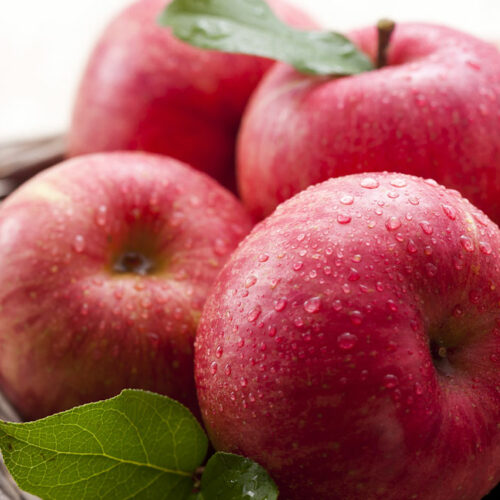14 Foods to Eat for Better Lung Health

Our lungs play a vital role in the functioning of our body, so it is crucial to care for them. Increased exposure to air pollutants, microbes, and allergens can cause inflammation in the airways and lead to breathing trouble. These pollutants can also increase the risk of severe respiratory problems like asthma and chronic bronchitis. One way to keep the lungs healthy in the long term is to eat foods that help them function better. Apples Apples are packed with the antioxidant quercetin, which helps keep the lungs healthy. This red fruit also contains vitamin C, vitamin E, and flavonoids, which promote lung function. People who eat apples regularly have an improved lung capacity and experience a slower decline in lung functioning that occurs naturally with age. Peppers Vitamin C is an antioxidant that protects against certain lung diseases like asthma and lung cancer. This vitamin is abundant in red bell peppers, chili peppers, and cayenne peppers. Cayenne peppers, in particular, are also a great source of capsaicin and beta-carotene. One can add these peppers to salads or pasta to benefit from vitamin C and antioxidants. Beets This root vegetable is loaded with nitrates, a natural chemical that may support lung health.






